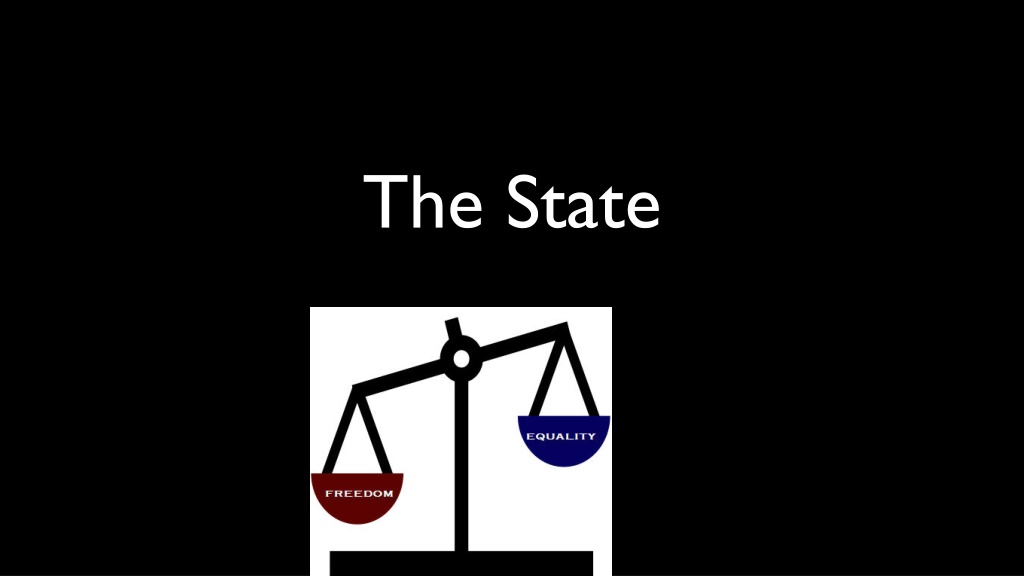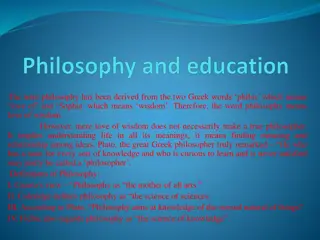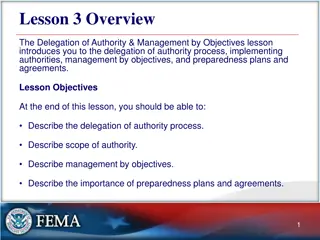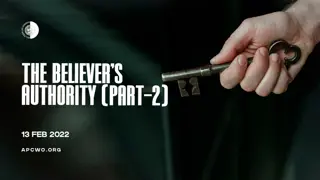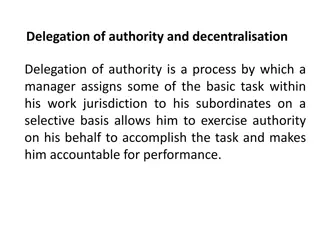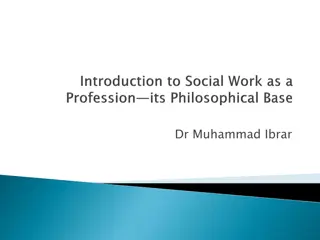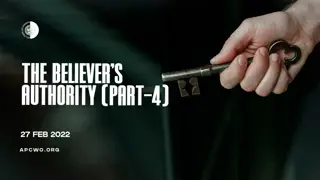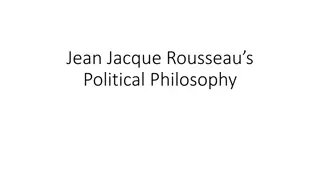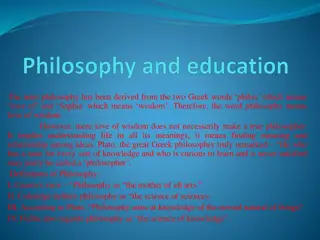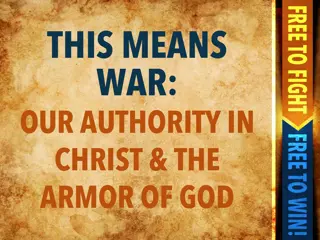Exploring Political Philosophy and the State's Authority
Delve into thought-provoking questions on political philosophy, legitimacy of authority, roles of the state, and individual obligations. Reflect on the state's power to enforce laws and restrictions, contrasting it with individual actions. Consider the complexities of governance, revolution justification, and societal submission to collective laws.
Download Presentation

Please find below an Image/Link to download the presentation.
The content on the website is provided AS IS for your information and personal use only. It may not be sold, licensed, or shared on other websites without obtaining consent from the author. Download presentation by click this link. If you encounter any issues during the download, it is possible that the publisher has removed the file from their server.
E N D
Presentation Transcript
Life is nasty brutish and short. Therefore, The State. Thomas Hobbes (1588 - 1679)
Are we naturally political? Can we do without government? Is there a distinction between legitimate and illegitimate authority?
How do we distinguish between legitimate and illegitimate authority? Is revolution ever justified? If yes, under what conditions?
Why are members of political collectives bound to submit to the laws of these political collectives?
Political Philosophy: Assumes a state of authority exists. Is concerned about the distribution of goods and services.
The State What is it? Should there be one? What kind? What are its/our obligations to each other?
Consider, the State can: Use Force Take your Money Keep you from drinking or smoking Imprison or even Execute you
If you tried to do those things you'd be labelled a murderer and a thief. Why is it okay for the State to do these things?
